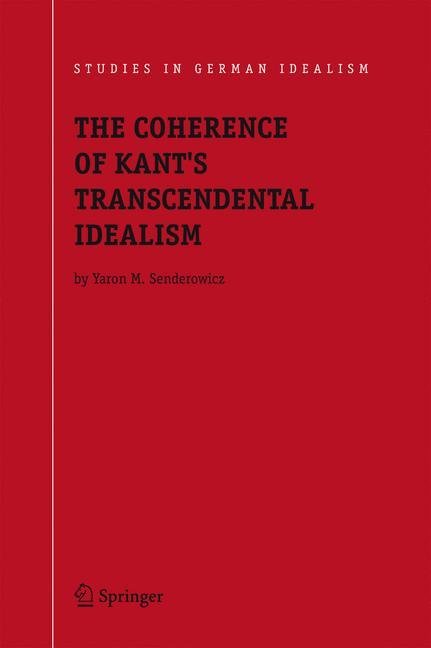1. Introduction Kant considered the doctrine of transcendental idealism an indisp- sable part of the theory of knowledge presented in the Critique of Pure Reason. My aim in this book is to present a new defense of the coh- ence and plausibility of Kant´s transcendental idealism and its indisp- sability for his theory of knowledge. I will show that the main argument of the Transcendental Aesthetic and the Transcendental Analytic is - fensible independently of some of Kant´s claims which are said to threaten its coherence. I have undertaken an inquiry into the coherence of Kant´s transc- dental idealism for the following reasons. A defense of the coherence of transcendental idealism is required by the existing state of Kantian scholarship. The claim that Kant´s transcendental idealism is incoh- ent has appeared in various forms over the last two centuries. The most powerful and elaborate criticism of Kant´s transcendental idealism is found in Part Four of Strawson´s The Bounds of Sense. Several comm- tators have tried to reestablish its coherence. Although Allison and other commentators have contributed ideas that are valuable for an 1 account of the coherence of Kant´s transcendental idealism, their - guments fall short as a response to the standard objection. Indeed, the claim that Kant´s transcendental idealism is incoherent continues to be the view held by most thinkers. I have limited my goal in this book to establishing the coherence of Kant´s transcendental idealism due to two related reasons.



